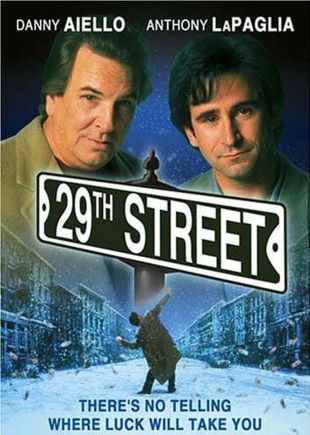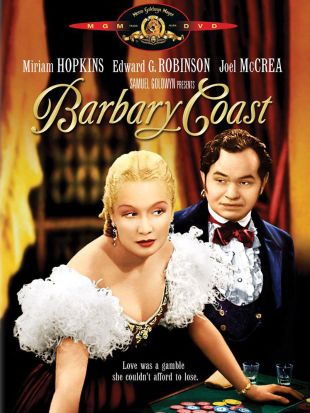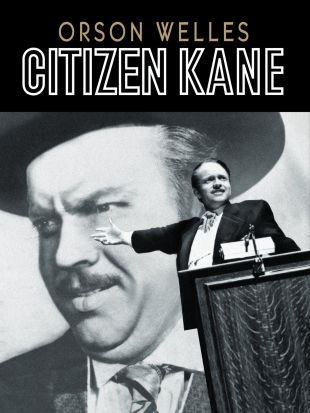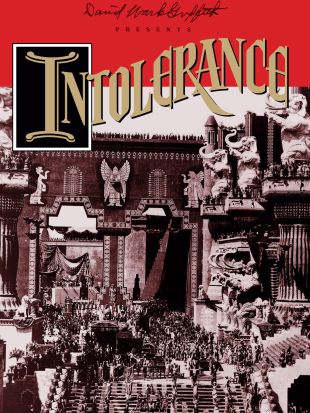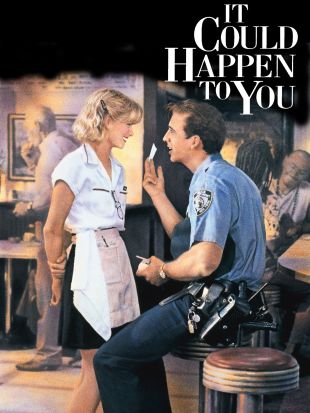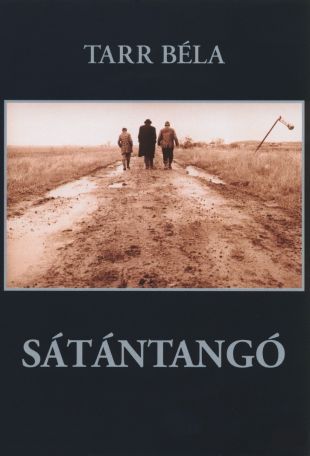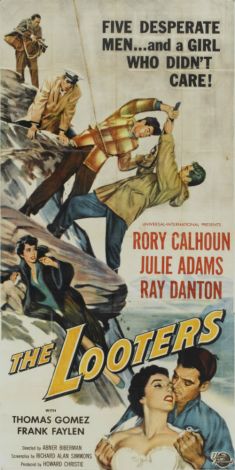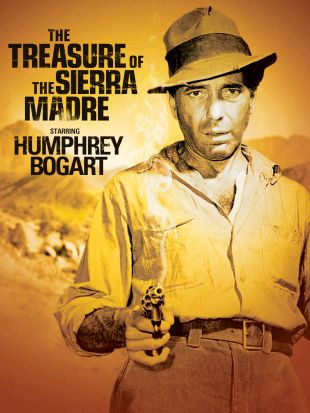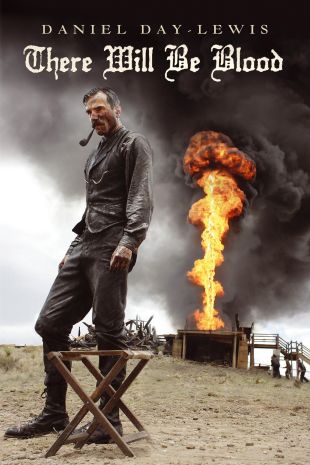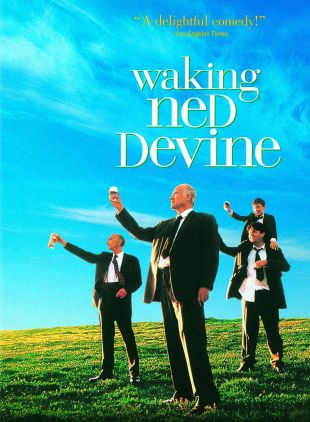_Poster.jpg)
Greed (1924)
Directed by Erich von Stroheim
Genres - Drama, Crime |
Sub-Genres - Marriage Drama, Melodrama, Psychological Drama |
Release Date - Dec 4, 1924 (USA), Jan 26, 1925 (USA - Unknown) |
Run Time - 131 min. |
Countries - United States |
MPAA Rating - NR
Share on
Synopsis by Hal Erickson
Frank Norris' powerful Zola-esque novel McTeague was first filmed in 1915. While filmmaker Erich Von Stroheim would insist that he'd been enthralled by the book since it first came out in 1902, it is more likely that he didn't make the novel's acquaintance until seeing that 1915 film. Whatever the case, Von Stroheim vowed that, if he ever had enough Hollywood clout, he'd produce the "definitive" version of McTeague. After scoring an enormous financial hit with Foolish Wives, he had just that clout, and, in 1923, he began work on what he hoped would his masterpiece.
Stripped to its bare essentials, McTeague tells the story of a brutish, but basically good-natured, miner named McTeague (played by Gibson Gowland), who finds his true calling in life by taking over the practice of a traveling dentist. Setting up shop in San Francisco, McTeague falls in love with Trina (ZaSu Pitts), the daughter of German immigrants. It happens that Trina is the girlfriend of McTeague's best pal Marcus (Jean Hersholt), who is mildly resentful, but ultimately forgiving, when McTeague and Trina are married. Always seeking out an opportunity to better herself, Trina buys a lottery ticket. When the ticket pays off and she wins a fortune, the previously even-tempered Trina undergoes a complete personality change, metamorphosing into a grasping, greedy, miserly shrew, hoarding huge sums of money while her husband must get by on his meager earnings as a dentist. Trina's sudden windfall sparks a change in both McTeague and Marcus, as well; driven to distraction by his wife's avarice, McTeague turns into a violent beast, while Marcus boils with jealousy over losing the now-prosperous Trina to McTeague. Pushed too far, McTeague ultimately murders Trina and escapes to the desert with her money. Appointed a sheriff's deputy, the envious Marcus heads out to bring McTeague in, and the two men catch up with one another in the middle of Death Valley. Their water supply gone, their packhorse dead, McTeague and Marcus begin a fight to the death. McTeague manages to shoot and kill Marcus -- only to discover that Marcus has manacled himself to McTeague. Utterly defeated, he sits benumbed on the scorching rocks, awaiting madness and a horrible death.
Filming at actual locations (the murder scene was shot at a locale where a real murder had occurred, while the sweltering Death Valley sequence was, likewise, made there), Von Stroheim remained doggedly faithful to the Norris original, shooting every page word for word. The end result ran 40 reels, or roughly 10 hours of screen time. Then came the corporate intrigues. Von Stroheim, who had begun the film through the auspices of the old Goldwyn studios, now had to contend with the newly formed Metro-Goldwyn-Mayer regime. Production head Irving Thalberg argued logically that no audience would sit still for ten hours of unrelenting realism. Von Stroheim reluctantly responded by paring his film down to 20 reels, but it was still far too long and depressing for MGM's taste. The director's friend Rex Ingram weeded out two more reels, warning Von Stroheim that "If you cut out another inch, I'll never speak to you again." At this point, MGM, feeling that too much money had already been spent on the project, took McTeague away from Von Stroheim and ordered June Mathis to whittle the picture down to ten reels. It is this version, retitled Greed, that was released to the public in late 1924.
Far from the financial disaster that MGM always claimed it was (the film actually posted a small profit), Greed was still too overpowering for many observers. Critics and audiences were sharply divided, some hailing the film as a work of unbridled genius, others dismissing as "an epic of the sewer." Von Stroheim, angered that his baby had been "butchered," refused to ever see the ten-reel Greed. When viewed today, the film retains its raw dramatic power; the continuity gaps and clumsy transitional titles that once seemed so unforgivable are generally ignored by contemporary audiences. Still, Greed is not a happy, high-kickin' production. Though a rewarding experience, it remains very rough sledding for those accustomed to traditional, conservative entertainment.
Characteristics
Moods
Keywords
craziness, dentist, desert, gold, handcuffs, killing, murder, obsession, poverty, profit, silence
Attributes
High Artistic Quality, High Budget, High Historical Importance, High Production Values
